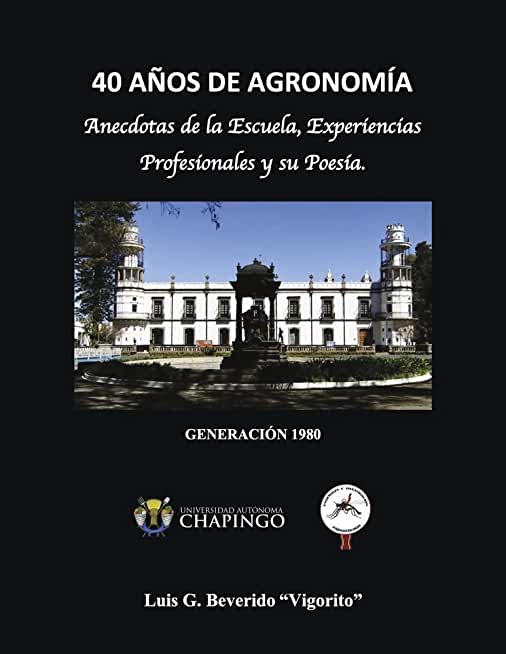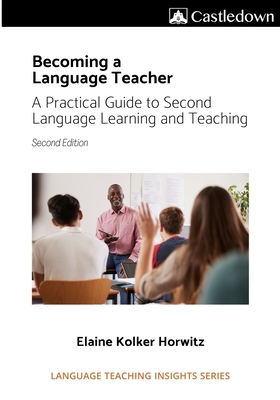
description
earch academic writing, scholars and writing teachers need to have a clear and explicit idea of what they mean by "good" or "bad" writing rather than taking an intuitive, "I know it when I see it" approach. In Perspectives on Good Writing in Applied Linguistics and TESOL, seasoned scholars and pre-service writing teachers offer their insights into the nature and activity of effective writing in first and additional languages at the college and university level. Readers will find first-person accounts of well-established scholars learning to write and publish in English, conceptual articulations on the nature of writing and academic publishing, and how perspectives on good writing shape teacher feedback and writing curricula. In addition, this book suggests new areas of L2 writing research beyond the well-traveled practice of written corrective feedback (WCF). This book is ideal for readers curious to learn more about how established scholars developed their writing skills as well as for pre-service teachers exploring their own beliefs, values, and assumptions about what good writing means to them. In Perspectives on Good Writing in Applied Linguistics and TESOL, readers will develop their understanding of writing practices through chapters covering the following areas:
- teaching, learning, and assessing
- mentoring, supervising, and publishing
- personal perspectives
- readers and reading
member goods
No member items were found under this heading.
listens & views

TUTUGURI POEME DANSE FOR SPEAKER ...
by RIHM / HUBER / BOLLON / RADIO SO STUTTGART DES SWR
COMPACT DISC$25.25
Return Policy
All sales are final
Shipping
No special shipping considerations available.
Shipping fees determined at checkout.






